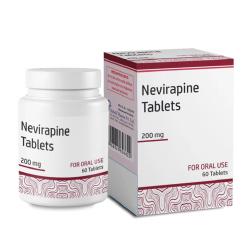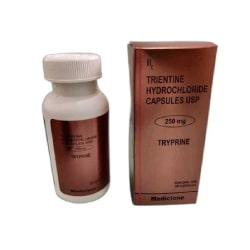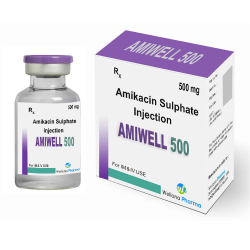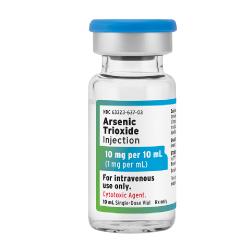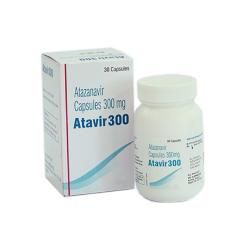Description
Nevirapine 200 mg tablets, an NNRTI, is prescribed with other antiretroviral drugs to treat HIV-1 in adults and pediatric patients aged 15 days and older.
Limitations: Due to serious liver issues seen in trials, starting Nevirapineis is cautioned unless benefits outweigh risks in some instances:
-
- Adult females with CD4+ cell counts over 250 cells/mm3
- Adult males with CD4+ cell counts over 400 cells/mm3
- Liver issues, both fatal and non-fatal, have been observed in Nevirapine users. It’s advised to stop immediately if signs of hepatitis or elevated liver enzymes with rash or other systemic symptoms appear. Restarting after recovery is not recommended.
- Fatal and non-fatal skin reactions like Stevens-Johnson syndrome have been reported. Cease use if severe skin problems or rash with systemic symptoms occur. Immediate checks for liver enzyme levels are necessary for those with inflammation within the first 18 weeks of treatment. Restarting after recovery is discouraged.
- Vigilant monitoring is crucial, especially in the initial 6 weeks of the 18-week therapy period due to higher risk.
Dosage and Side Effects of Nevirapine Tablets
- Follow the strict 14-day lead-in period to reduce rash frequency.
- If a rash occurs during this period, hold off on the dose increase until it resolves. The lead-in dosing shouldn’t exceed 28 days.
- If dosing is paused for over 7 days, resume with the 14-day lead-in dosing.
A rash is the most common side effect. In adults, it occurs in 15% of cases compared to 6% with a placebo, with severe rash seen in 2%. Among pediatric subjects, rash occurred in 21% of cases.
Warning and Precautions of Nevirapine Tablets
- Patients with moderate or severe liver issues (Child-Pugh Class B or C).
- Not recommended for occupational or non-occupational post-exposure prophylaxis (PEP).
- There were reports of cases of Immune reconstitution syndrome in patients treated with combination antiretroviral therapy, including Nevirapine 200 mg. During the initial phase of combination antiretroviral treatment, patients whose immune system responds may develop an inflammatory response to indolent or residual opportunistic infections, which may necessitate further evaluation and treatment.

